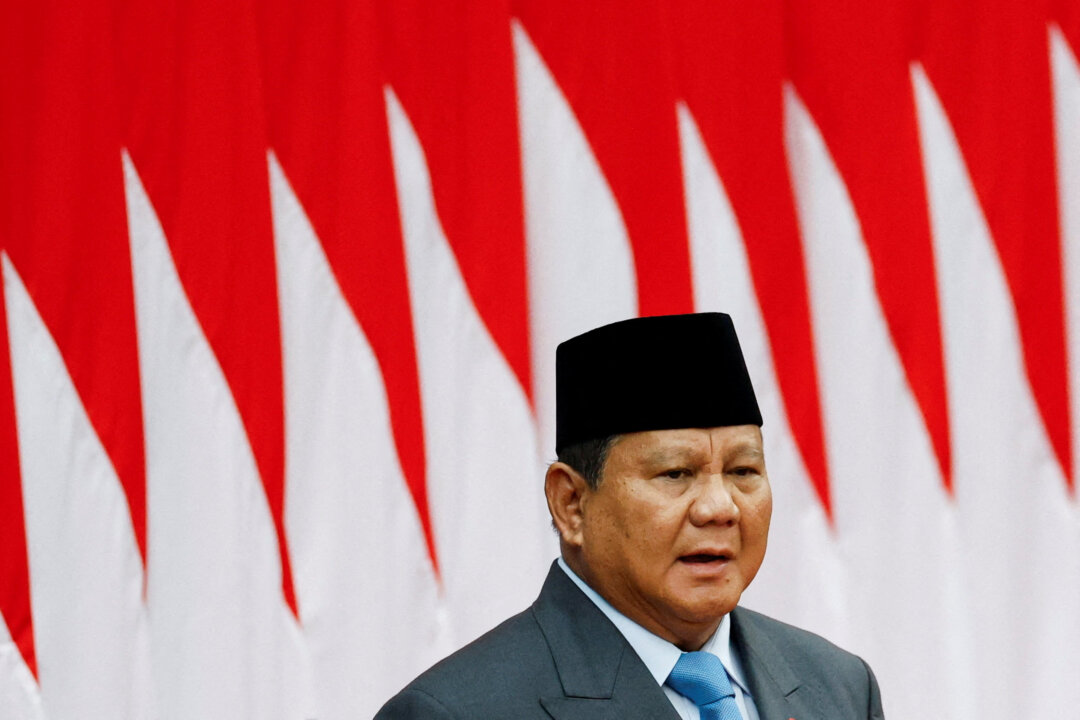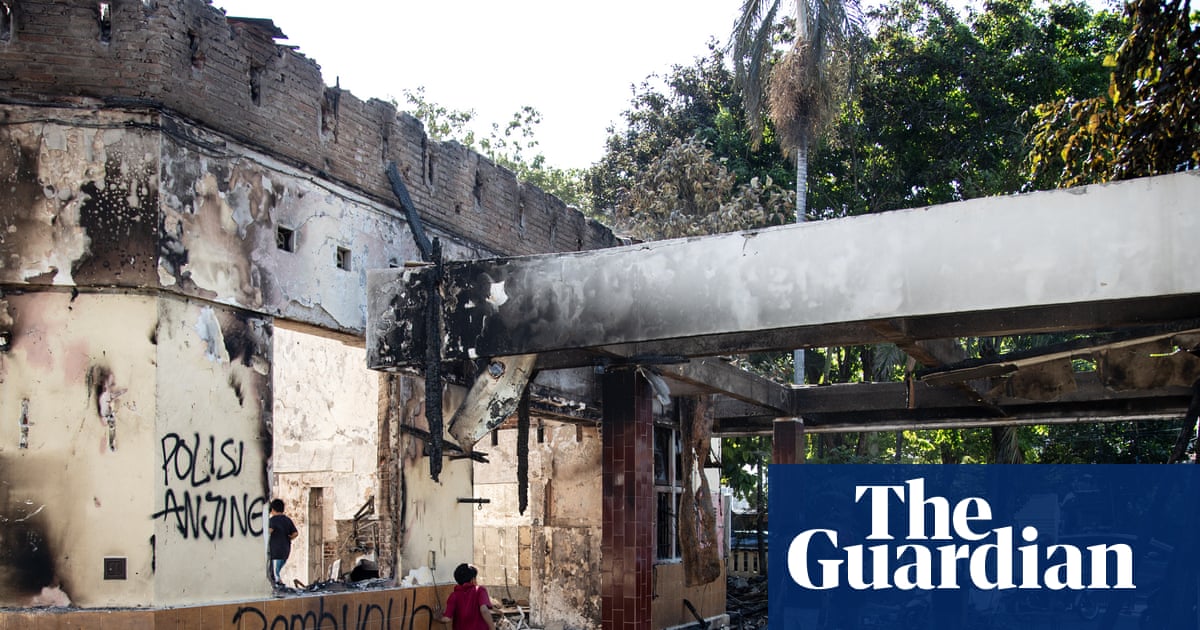Indonesia Boosts Security Around Parliament Following Deadly Protests; Defence Minister Issues Warning
Indonesian police significantly increased security around Jakarta's parliament with armored vehicles after deadly protests. The Defence Minister warned of decisive action against rioters.
Subscribe to unlock this story
We really don't like cutting you off, but you've reached your monthly limit. At just $5/month, subscriptions are how we keep this project going. Start your free 7-day trial today!
Get StartedHave an account? Sign in
Overview
- Recent violent protests in Indonesia resulted in eight deaths, prompting government intervention and leaving underlying resentment despite a temporary halt in demonstrations.
- Tense scenes included the military guarding the presidential palace and looters targeting Finance Minister Sri Mulyani Indrawati's house, leading to police checkpoints across Jakarta.
- Indonesian police significantly increased security around Jakarta's parliament, deploying armored cars and motorbikes to deter further unrest and prevent potential rioters.
- This enhanced security directly responds to recent deadly protests, specifically aiming to prevent further damage or violent acts by rioters and looters.
- Indonesia's Defence Minister issued a stern warning, stating military and police would take decisive action against those involved in rioting to maintain public order.
Report issue

Read both sides in 5 minutes each day
Analysis
Center-leaning sources frame this story by emphasizing public outrage over perceived governmental insensitivity and economic hardship. They use evaluative language to portray lawmakers as "out of touch" and their perks as "excessive," while highlighting the president's "tumultuous reign" and "expensive policies." This collective framing underscores a narrative of governmental struggle and public dissatisfaction.
Articles (6)
Center (1)
FAQ
The protests were sparked by public anger over lavish perks for lawmakers and economic hardship, which escalated into violent unrest resulting in multiple deaths.
The government significantly increased security around the parliament and other key locations by deploying armored vehicles and police checkpoints, while the Defence Minister issued warnings of decisive action against rioters and looters.
Student groups and civil society organisations paused their demonstrations citing fears of intensified security measures and the very difficult conditions following the deadly riots.
Authorities increased security by deploying armored cars, motorbikes, military personnel guarding the presidential palace, and establishing police checkpoints across the city.
The Defence Minister warned that military and police forces would take firm and decisive action against rioters and looters to maintain public order and prevent destruction and theft.
History
- 2M

 3 articles
3 articles





